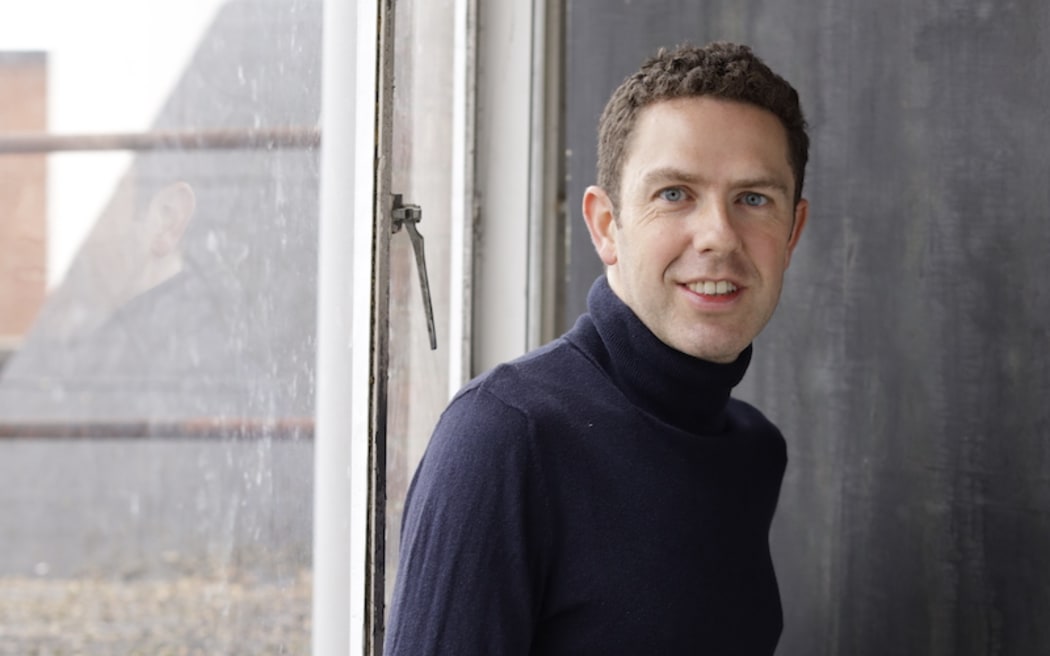Treating anxiety as a kind of superpower that can help you perform better is a powerful reframing tool, a science writer and researcher says.
David Robson is an award-winning science writer specialising in the extremes of the human brain, body and behaviour.
Robson has personal experience of taking his anxiety about public speaking and harnessing it for his advantage, he tells Jim Mora.

Photo: supplied
“I would say I was one of these people that didn't benefit much from something like mindfulness to calm my nerves. And there's good research showing that actually, in the heat of the moment, if you're going to give a talk, for example, and you see the audience and you start to feel very nervous, trying to suppress those feelings is very difficult and can actually cause them to rebound. So that they become worse and worse.
“In that situation, you almost start to become anxious about the anxiety. A better approach for me, and for lots of people, is to think more carefully about the purpose of anxiety, and why anxious feelings evolved in the first place.”
For example, a racing heart might be uncomfortable, but it's also doing you a favour, he says.
“It’s pumping a lot of oxygenated blood around your body, including to the brain, which consumes a lot of energy.
"So even though it feels uncomfortable, it's actually helping you to think a little bit more clearly, it's making sure, essentially, that you don't freeze up and that you can think on your feet.”
Having this more nuanced view of anxious feelings is beneficial in dealing with them, he says.
“So you find that when you get people to reframe that anxiety in these ways, they often perform a lot better at the tasks at hand.
“Students tend to get better marks if they're told to see their anxious feelings, before entering an exam, as this kind of superpower that might help them to think a bit more quickly while they're answering those difficult questions.”
Scientists describe symptoms such as a racing heart as being in a challenged state of mind, he says.
“If you have a tiger right in front of you, your blood vessels need to constrict. Because if you get injured by that tiger, you want to reduce the amount of blood you're going to lose. But that puts a lot of strain on your body when your heart is racing.
“But your blood vessels have constricted, when you're in the challenge state of mind. That's more like when you're out on a hunt, and you're not scared of what's going to happen. You're not scared of injury, you just need your body to be at peak performance so that blood can flow more easily. It's almost an enjoyable experience.”
Anxiety may even have direct benefit for health, he says.
“There's this kind of paradox in the scientific literature, you would these longitudinal studies looking at people's personality and then comparing it to their health outcomes.
“Often, neuroticism, which is associated with high anxiety, was associated with premature death, the thought was that the stress was damaging these people's hearts and kind of leading them to ill health.”
But when the researchers dug deeper, they found neuroticism could be an asset, he says.
“If you feel a lump on your body, and you start to feel very anxious about what that might be one cause of action is to try to ignore it. But another option is just to actually act on what you have found.
“So, your worry about your health is the motivation to go and get a scan to visit your doctor and to check out what's actually happening in your body. And it really seems it's those people who might be excessive worries, but who act on their worries and take action, they're the ones who seem to benefit from the neuroticism and are actually slightly better off health wise than the average person in the population.”

